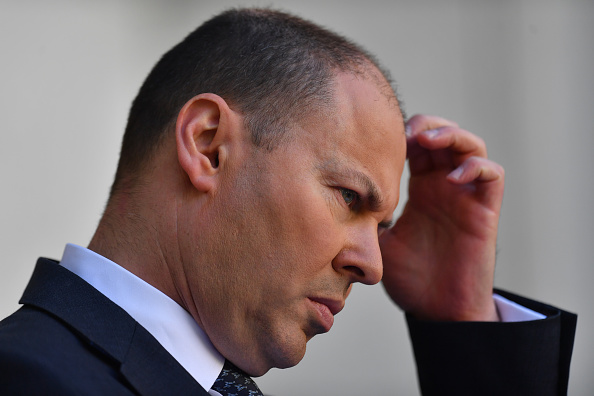Economists have labelled yesterday’s economic update by Treasurer Josh Frydenberg and Finance Minister Mathias Cormann “confusing”, saying the economic stimulus of the increased JobSeeker and JobKeeper payments had been successful in propping up the economy. As such, reducing the payments made “no economic sense” as unemployment was expected to continue rising until at least Christmas.
Modelling from the Australia Institute indicates the $300 per fortnight cut to the JobSeeker payment will put 370,000 people back into poverty including 80,000 children.
Australia Institute economist Matt Grudnoff said unemployment benefits had been chronically and horribly low for so long and the payment was impossible to live on.
“People are still in a recession and children could be stuck with the effects of poverty and the damage to their health for the rest of their lives.”
Australia Institute Chief Economist, Richard Denniss, said it was “contradictory” to hear the government praise its own stimulus spending, while announcing cuts to the successful program.
“Why do we have to be brutally cruel to the poorest people in Australia?
“The government’s economic argument is incentive; we have to be cruel to be kind.
“Employment increased by 200,000 people who found jobs in June, that’s the largest ever monthly increase in jobs, and the supplement did not stop it.”
Mr Denniss said unemployment is going to stay at “horribly high levels” because of a shortage in demand.
He said of the four elements that made up gross domestic product (GDP), only government spending was stimulating the economy, with consumer spending, private spending and exports all affected by the pandemic.
“It’s silly to withdraw stimulus,” he said. “It’s the only thing propping up GDP, yet they’ve promised to cut it; they’ve promised to cut GDP.”
Mr Denniss said unemployment will continue to go up and the government still didn’t have a plan to create jobs.
“What is the plan to create jobs for the 1.6 million people on benefits?
“Whether it’s a new green deal, a brown deal or an old deal, what is the deal?
“We’re in the middle of a long-term economic crisis.”
Mr Grudnoff said the Reserve Bank told the government not to worry about debt at all because stimulating the economy was more important.
“This recession is different to every other recession where the government would encourage people to go out and spend money,” he said.
“We can’t do that now; we have to be a bit smarter about it.
“The JobSeeker and JobKeeper payments protect those we can’t stimulate at this point.”
Mr Denniss said there was no economic theory that proved government debt was bad economics.
“We have to be smart about what sort of stimulus we go for,” he said.
“Often the money should go to state and local governments.
“Stimulus should be local, targeted, and have secondary benefits.
“We should think how to get best bang for our buck.”



